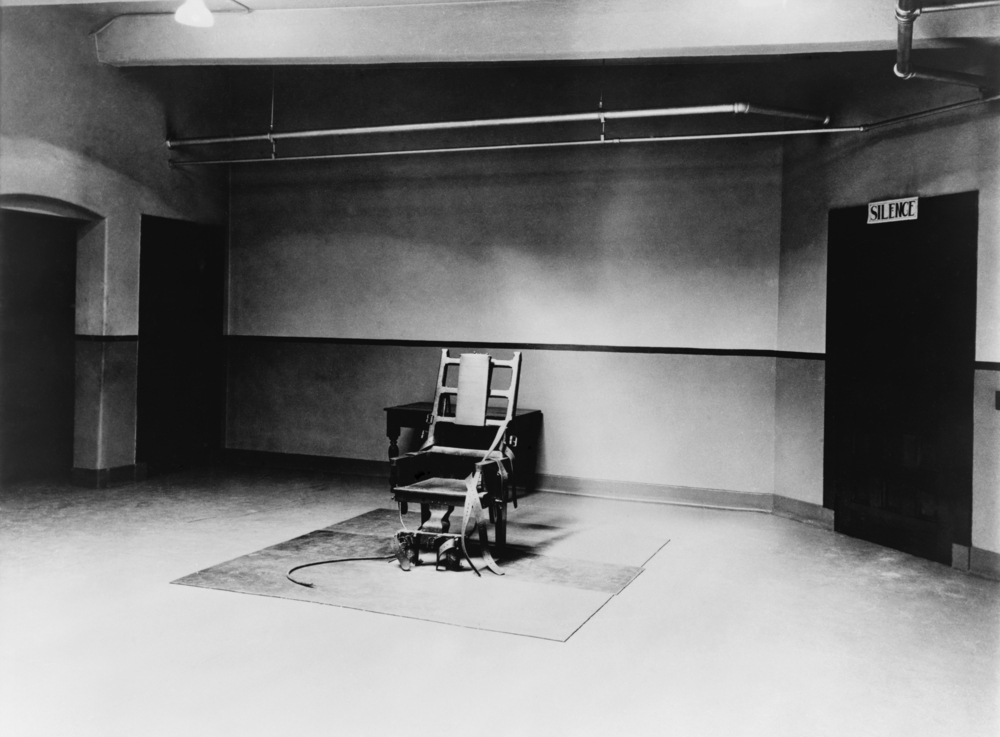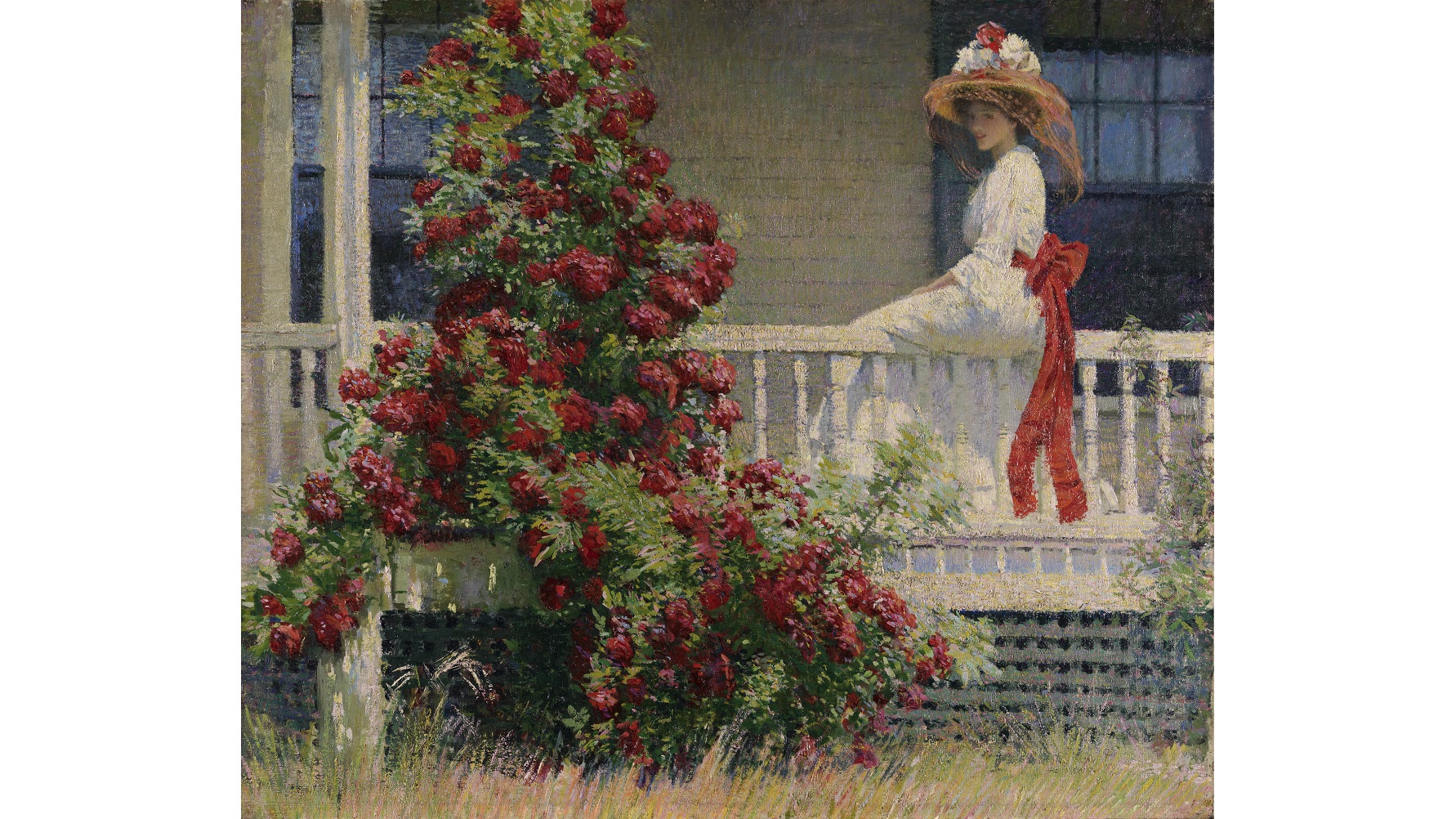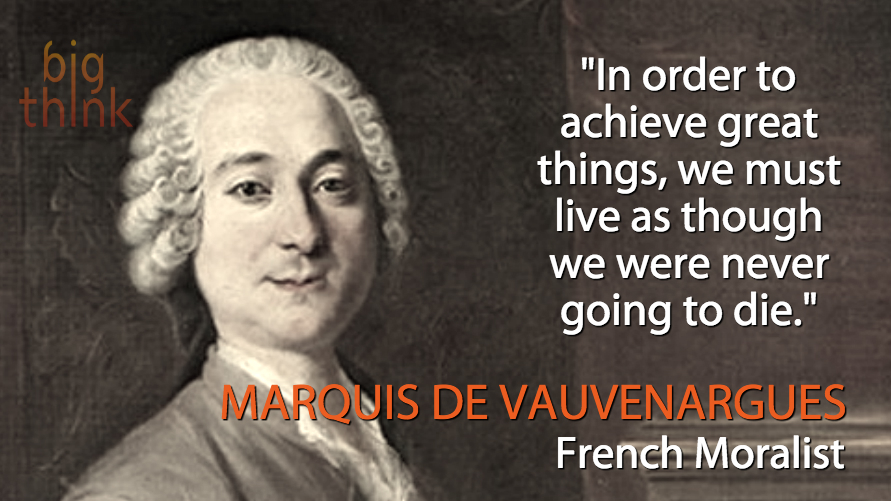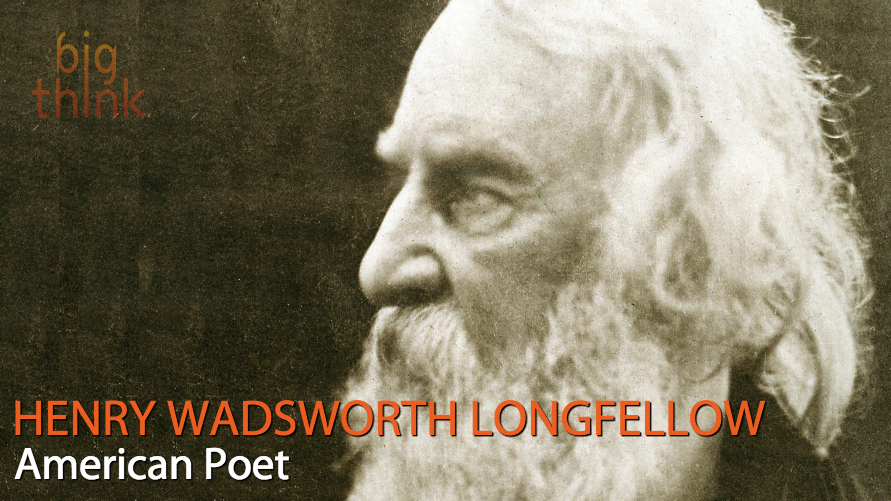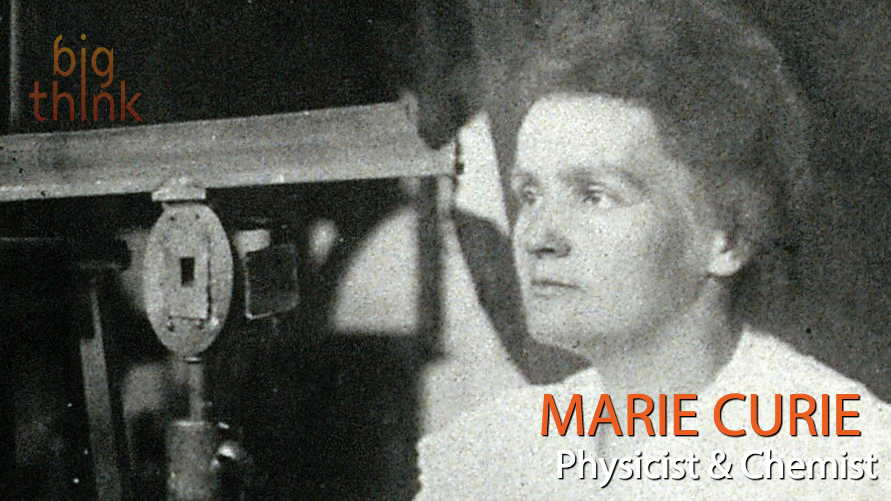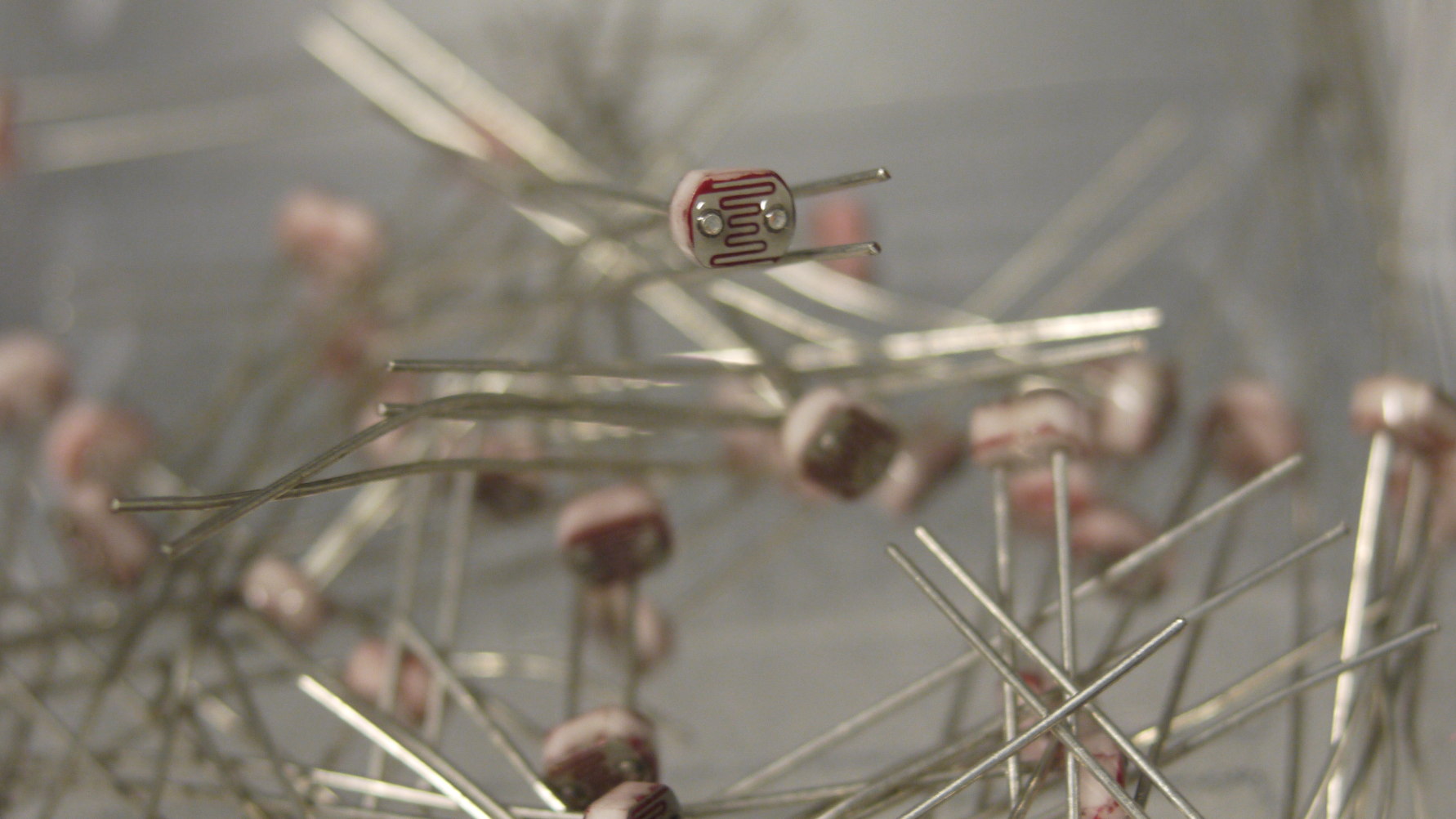Young kids are unaware of such social constructs as “pleasantries” and “lying.” But when do we start bending the truth to spare someone else’s feelings?
All Articles
Considerable pressure is being mounted on the United States government, the United Nations, and the European Union to establish standards and regulations for limiting airplane emissions.
If the question of life or death resides in the hands of a deity, then the death penalty is a sin against that god. Yet if it’s in our own hands, a woman deciding whether or not to bring a child forth should not be made to feel guilty, or worse, that she herself has sinned.
Computer simulations of crash tests help car companies save money and meticulously examine the intricacies of high-speed destruction.
As NASA researchers strive to create training programs for future Mars missions, the lessons they learn have implications for other forms of training here on Earth.
The Universe contains black holes billions of times as massive as our Sun. “It is by going down into the abyss that we recover the treasures of life. Where you […]
Google’s Project Oxygen recently vindicated those who refute the claim that managers don’t matter. Now the search giant’s researchers want to dive deeper and explore the building blocks of team chemistry.
Comparing “astronaut” to “cowboy” ethics can show that Locke’s limits on liberty need to be revised. We once could see that pitting self-interest against collective self-preservation wasn’t rational. Me-opic and logically unworkable ideas that economics sometimes encourage have made that harder to see.
You’re not broken. I promise. I can understand why you would think you are, though. After all, you’re an expert in yourself. Like a fine painter, you’re so familiar with […]
Researchers report that comparing your life to your friends’ lives, paired with a lot of time spent on Facebook, leads you to feel depressed.
It’s the only thing separating real knowledge from ignorant misinformation. “The first duty of every Starfleet officer is to the truth, whether it’s scientific truth or historical truth or personal […]
One of the most common mistakes in the back-and-forth trading of favors at work is that of showing insufficient gratitude. Now, it can be difficult to figure out what someone […]
There are some weak arguments against marriage equality. Then there’s this one.
If you knew nothing, Jon Snow, here’s what it’s doing in five simple steps. “Let them see that their words can cut you and you’ll never be free of the […]
How does the brain justify an act of violence? Researchers dive into how our minds differentiate between a justified and unjustified act.
American Impressionism’s often been seen as a pale copy of the French Impressionism that flowered in the late 19th century. Although American Impressionists early on copied their French counterparts (and even made pilgrimages to Monet’s Giverny garden and home), the exhibition The Artist’s Garden: American Impressionism and the Garden Movement, 1887–1920, at the Pennsylvania Academy of the Fine Arts through May 24, 2015, proves that American Impressionism quickly blossomed into something distinct—and distinctly American—by the turn of the 20th century. Capturing aesthetically a moment of contradictions as American nativism threatened to close borders while women’s suffrage struggled to open doors, The Artist’s Garden demonstrates the power of flowers to speak volumes about the American past, and present.
Scientists predict the majestic glaciers that cap the Canadian Rockies will lose 70 percent of their volume by 2100.
A significant study showed more spinach and kale in your diet may help slow cognitive decline.
In my personal auditory life, and apparently in that of many of my fellow humans right now, there’s a podcast revolution going on. Why this? Why now?
Mindfulness meditation is at risk of being separated from its beneficent roots, which grounded the practice in ancient philosophical/religious systems that emphasized ascetic virtues.
A recent study shows the importance of breaking a sweat every once in a while during your workouts, especially for those of middle age or older — it may just prolong your life.
Words of wisdom from Luc de Clapiers, marquis de Vauvenargues: “In order to achieve great things, we must live as though we were never going to die.”
“We judge ourselves by what we feel capable of doing, while others judge us by what we have already done.”
Words of wisdom from Marie Curie: “One never notices what has been done; one can only see what remains to be done.”
Few people know of them. That’s why they’re called the Happy Isles.
The brain is a wonder of computational power, and engineers want to replicate it by creating a better neural network.
The Dallas Zoo is preparing to celebrate the birth of a baby giraffe — a very special event in the life a zoo. And to share their enthusiasm with the public, a live feed has been created.
Use humor to draw someone out of their shell.
Here’s a problematic new study: Women looking for marriage still find narcissistic traits alluring.
Massive data centers in the world require massive amounts of energy, not just for processing power, but also for cooling. While big companies like Google, Facebook, and Microsoft are looking into a variety of ways to make the cooling process greener, one particularly clever solution is coming from a Dutch startup called Nerdalize.


